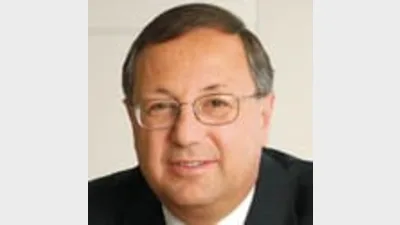Over 500 people convicted by the ATO in first quarter



|
|
Nearly 500 people were convicted for tax and superannuation offences in the first quarter of 2010 alone.
The offences ranged from failure to lodge forms to instances of fraud, such as GST refund fraud.
The Australian Taxation Office (ATO) stated that in the last financial year it conducted 16,000 audits, reviews and investigations, which resulted in the successful prosecution of nearly 3,000 cases of non-compliance.
Tax commissioner Michael D’Ascenzo said those who commit serious fraud, don’t declare all of their income or fail to meet their obligations cheat the majority of the community who do the right thing.
“We have a range of ways to detect people who seek to avoid their tax and superannuation responsibilities by not lodging returns, through tax evasion or criminal fraud,” he said. “Methods of detection include data matching, comparing third party information and analysing industry norms.”
The ATO’s track record for convictions is expected to improve with the investment this financial year in new technology that will aid in identifying sophisticated as well as basic scams.
“These tools are proving to be extremely efficient at identifying suspect claims for refunds and ensuring that Australia’s revenue is protected,” D’Ascenzo said.
Examples of the convictions between 1 January and 31 March include the sentencing of a New South Wales businessman to three and a half years imprisonment for committing GST fraud. He submitted a false Business Activity Statement (BAS) and tried to claim $500,000 in his role as a company director.
In another case, a Victorian woman was found guilty of GST fraud after lodging false BASs under three different Australian Business Numbers and receiving over $233,000 in refunds, following which she attempted to make a further claim of over $132,000. She was found guilty on all four counts and sentenced to 20 months imprisonment. Subject to good behaviour, she will serve six months in jail and pay a $1,000 bond.
Recommended for you
The central bank has released its decision on the official cash rate following its November monetary policy meeting.
ASIC has cancelled the AFSL of a Melbourne-based managed investment scheme operator over a failure to pay industry levies and meet its statutory audit and financial reporting lodgement obligations.
Melbourne advice firm Hewison Private Wealth has marked four decades of service after making its start in 1985 as a “truly independent advice business” in a largely product-led market.
HLB Mann Judd Perth has announced its acquisition of a WA business advisory firm, growing its presence in the region, along with 10 appointments across the firm’s national network.











